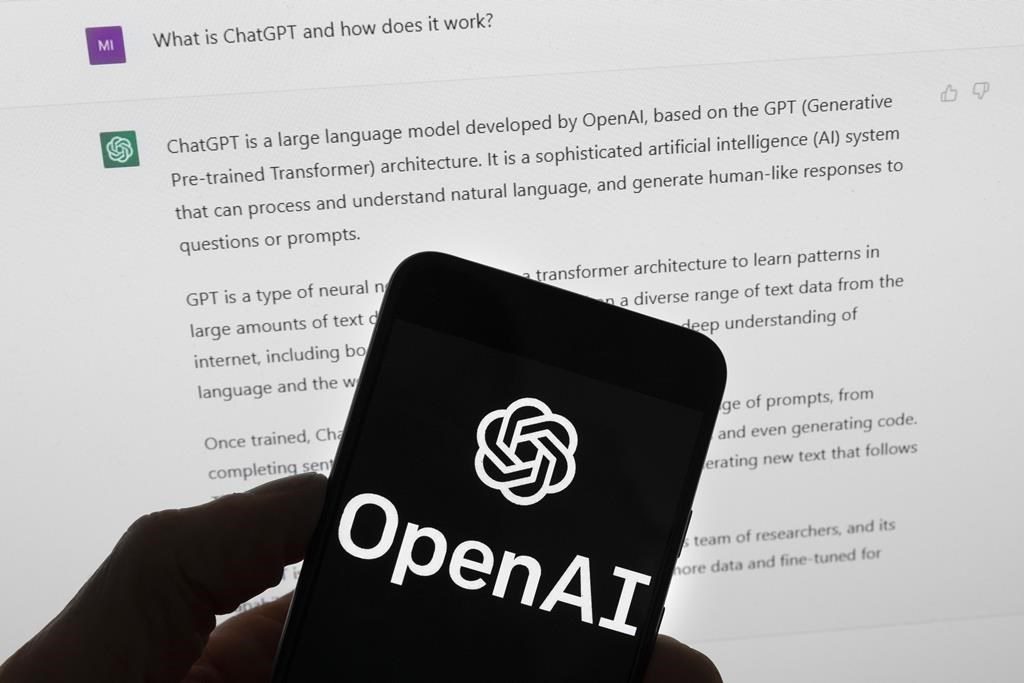ChatGPT-creator OpenAI is entering the virtual assistant industry and demonstrating new technology that can replicate a person’s voice. However, it states that it will not release it to the public at this time due to safety concerns.
The AI company unveiled its new Voice Engine technology on Friday, shortly after applying for a trademark for the name. The company claims that it can reproduce a person’s voice using just 15 seconds of their speech.
OpenAI states that it plans to share it with early testers “but not widely release this technology at this time” due to the risks of misuse.
“We understand that creating speech that imitates people’s voices poses serious risks, which are particularly concerning in an election year,” the San Francisco company stated.
In New Hampshire, authorities are investigating robocalls sent to thousands of voters just before the presidential primary that featured an AI-generated voice mimicking President Joe Biden.
A number of startup companies already sell voice-cloning technology, some of which is accessible to the public or for select business customers such as entertainment studios.
OpenAI states that early Voice Engine testers have agreed not to impersonate a person without their consent and to disclose that the voices are AI-generated. The company, well known for its chatbot and the image-generator DALL-E, took a similar approach in announcing but not widely releasing its video-generator Sora.
However, a trademark application filed on March 19 shows that OpenAI likely intends to enter the speech recognition and digital voice assistant market. Ultimately, enhancing such technology could help OpenAI compete with other voice products like Amazon’s Alexa.
–The Associated Press and OpenAI have a licensing and technology agreement that allows OpenAI access to part of AP’s text archives.



